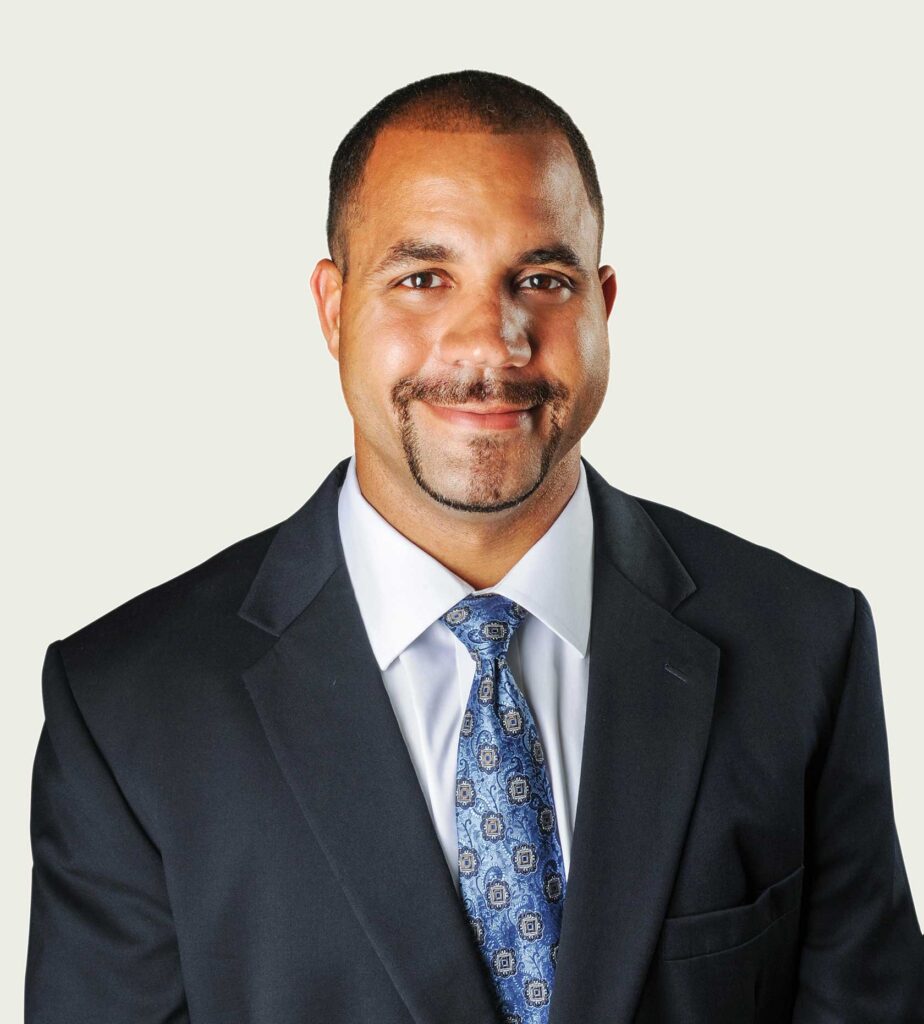
Times were tough for people of color who owned businesses in Boston in 2008. The great recession had kicked off, putting stress on businesses of all sizes. Entrepreneurs faced difficult choices, from whom to lay off to whether to keep the doors open.
Executives at Eastern Bank saw the hard times as an opportunity to embrace their history of serving the underserved, teaming up with the federal Small Business Administration (SBA) to extend credit to businesses in need.
Last week, the bank launched a new initiative — the Equity Alliance for Business — aimed at extending credit to businesses owned by people of color, women and other groups who traditionally have had limited access to capital. Under the program, a team of five bankers will work closely with business owners and offer term loans up to $250,000.
The bankers in the program also will provide businesses with access to other financial tools to help them maximize their business operations and assist with networking and community collaboration opportunities.
Quincy Miller, vice chair and president of Eastern Bank, said the new initiative builds on the bank’s Foundation for Business Equity initiative, launched five years ago, through which the bank embedded advisors in businesses to help build their capacity.
“What we really want to do is to take the learnings from the last five years and create a program through the bank to allow us to take the next step,” he said.
In decades past, federal laws, such as the Community Reinvestment Act, were aimed at increasing banking activity in low-income communities where banks were often reluctant to open branches. While that law did result in increased numbers of branches in communities such as Roxbury and Mattapan and helped residents of those communities to have better access to banking, many businesses in majority-Black or Latino communities have still faced hurdles accessing credit that white-owned businesses typically don’t face.
“While we may treat everybody equally, there are just systemic differences, in credit score for example, for people of color, [and] in wealth and generational wealth,” Miller said. “The reality is for women and people of color, often because of the generational challenges, they may not always have as deep of a credit file as their white male counterparts, but we were never able to do anything about that.”
Eastern Bank was able to convince federal regulators to allow them to use different criteria for businesses owned by people of color and women as part of their Equity Alliance for Business initiative. Credit scores to secure loans up to $250,000 are lower than what federal regulations generally allow.
For smaller loans, Eastern is taking it one step farther.
“If one of the businesses is working with a community partner, we’ve actually eliminated the minimum credit score for loans up to $100,000,” Miller said. “And so that is significantly different than anything that I’ve ever seen before in terms of delivering capital to businesses.”
Eastern’s new approach means that if a business owner with a low credit score comes in for a loan, a banker may connect them with resources to help put together a business plan and take other steps to demonstrate their ability to repay the loan.
Miller says the bank has developed an ecosystem of community partners who are able to help their customers with their business needs.
While other banks, such as Bank of America and JP Morgan Chase, have launched similar initiatives in recent years, Miller notes that Eastern Bank has been dominating in small-business lending in the state.
“We’ve been the number-one lender in the SBA in Massachusetts for 14 years now, even though we’re not close to the number-one largest bank in Massachusetts,” he said.







